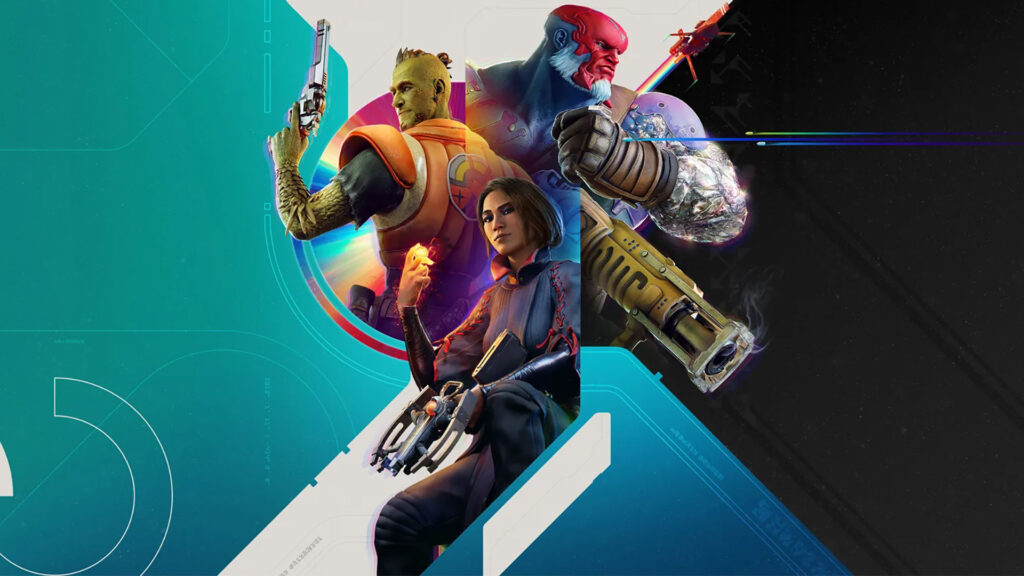
PlayStation’s head, Herman Hulst, has openly discussed the lessons learned from Sony’s missteps in the live-service gaming sector, emphasizing that failures are invaluable for the development of future projects. This perspective follows the high-profile collapse of Concord, one of Sony’s initial ventures into live-service games, which was abruptly discontinued just two weeks post-launch.
The announcement comes as Sony continues to forge ahead with its live-service strategy, despite the setbacks experienced with Concord. The game, which had been in development for eight years, was well-crafted and relatively bug-free. However, it suffered from poor marketing, a competitive landscape dominated by free-to-play titles, and a lack of distinctiveness, leading to its downfall. This failure was significant enough to draw comparisons with the troubled launch of Cyberpunk 2077.
Learning from Concord’s Collapse
In a recent interview with the Financial Times, Herman Hulst reflected on Concord’s failure, stating that it has prompted Sony to implement “much more rigorous and more frequent testing” for future projects. Hulst highlighted the silver lining of such setbacks, noting,
“The advantage of every failure is that people now understand how necessary oversight is.”
Hulst’s comments suggest a shift in Sony’s approach to game development, focusing on early and cost-effective failure detection. He remarked,
“I don’t want teams to always play it safe, but I would like for us, when we fail, to fail early and cheaply.”
This marks a departure from the prolonged and costly development cycle that characterized Concord.
Continuing the Live-Service Journey
Despite the challenges, Sony remains committed to expanding its live-service offerings. The next major title in this strategy is Marathon, which is currently in development. Although reports indicate that its progress has not been entirely smooth, PlayStation maintains that the game has “strong early engagement,” even in the face of a public art scandal and mixed feedback from playtests.
Hulst addressed concerns about Sony’s focus on live-service games potentially detracting from its renowned single-player experiences. He reassured fans that the quantity of live-service releases is not the primary concern. Instead, he emphasized the importance of providing a “diverse set of player experiences and a set of communities.”
Industry Perspectives and Future Implications
Industry experts have weighed in on Sony’s live-service strategy, noting both the risks and opportunities it presents. The competitive nature of the live-service market, dominated by established giants like Fortnite and Apex Legends, poses significant challenges for newcomers like Sony. However, the potential for sustained revenue streams and increased player engagement makes it an attractive venture.
According to gaming analyst Jane Doe, “Sony’s willingness to learn from its mistakes and adapt its strategies is crucial for success in the live-service arena. The key will be balancing innovation with the lessons learned from past failures.”
Looking ahead, Sony’s approach to live-service games may influence broader industry trends, encouraging other developers to prioritize rigorous testing and early failure detection. As the gaming landscape continues to evolve, the ability to adapt and innovate will be vital for companies seeking to thrive in this dynamic market.
Meanwhile, PlayStation fans and industry observers alike will be closely watching the development of Marathon and other upcoming titles, eager to see how Sony’s refined strategies translate into gaming experiences that resonate with players worldwide.






